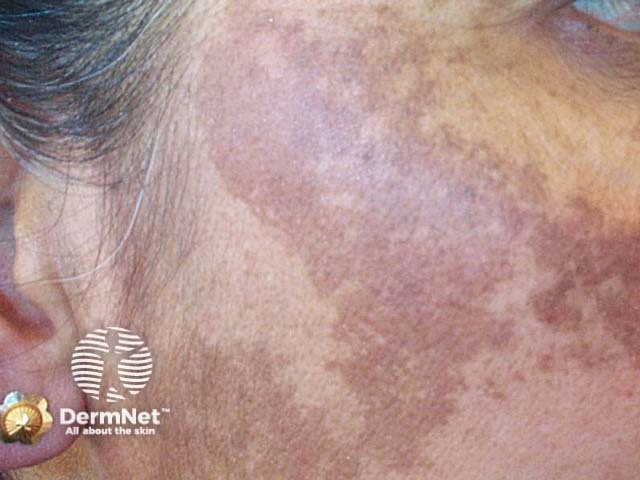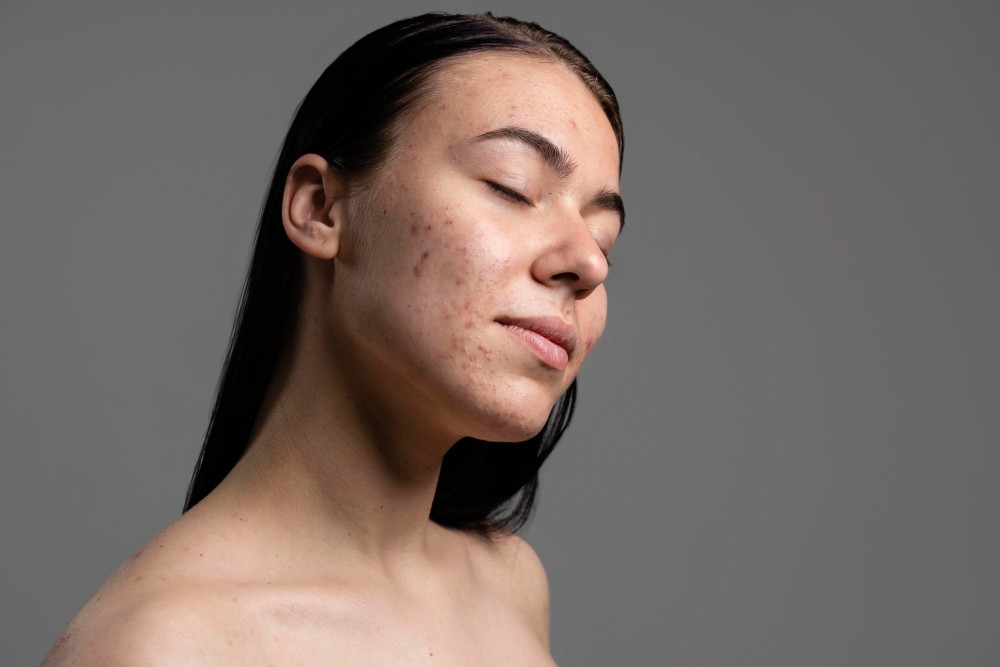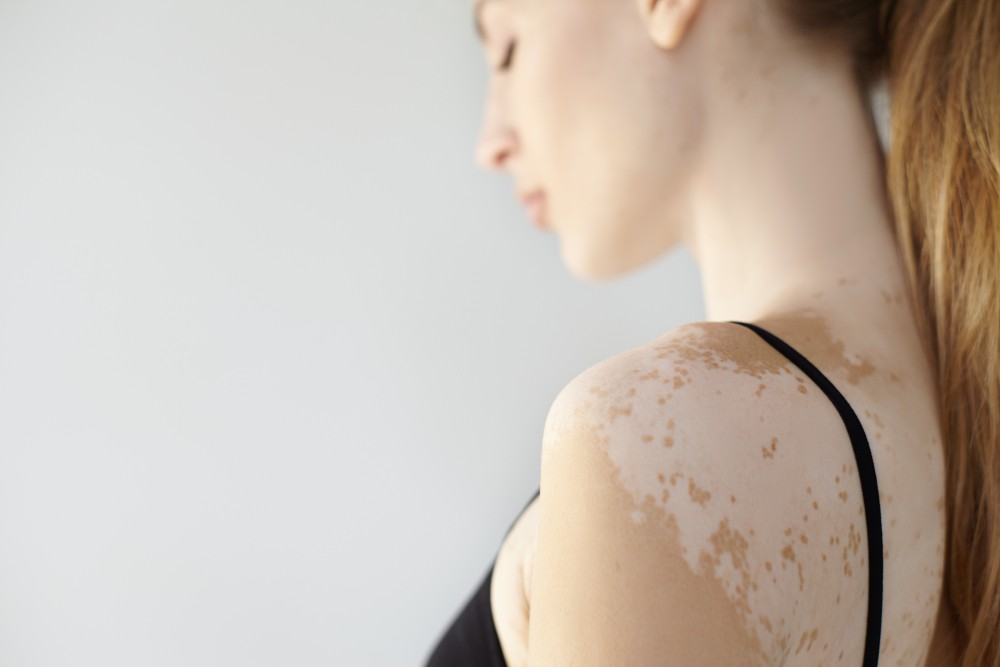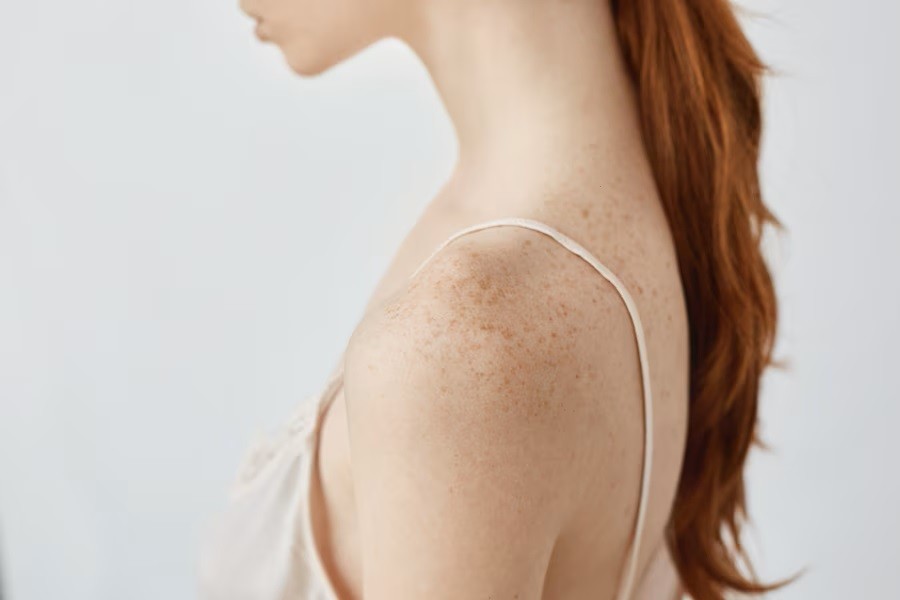Melasma is a skin condition characterized by brown or bluish spots, often appearing on areas like the forehead, cheeks, chin, or upper lip. While some cases of melasma may resolve naturally, others may persist over time. Typically, melasma is treated with medical approaches, but there are also several traditional remedies believed to help reduce its appearance.
Traditional Treatment for Melasma
There are two primary triggers for melasma: exposure to light radiation such as ultraviolet (UV) or infrared rays, and hormonal changes. Additional factors that can contribute to the development of melasma include:
- Anti-seizure medications
- Birth control pills
- Synthetic estrogen hormones
- Genetic predisposition
- Hypothyroidism
- Use of certain skincare products
In cases where melasma is linked to pregnancy or the use of birth control pills, the dark spots may gradually fade once the pregnancy ends or if the birth control pill usage is stopped.

Several traditional treatments have been explored for their potential to lighten melasma patches, including:
Aloe Vera
A study conducted in 2017 found that topical application of aloe vera encapsulated in liposomes helped reduce melasma in pregnant women. However, research on its effectiveness for treating melasma outside of pregnancy is still limited.
Turmeric
Turmeric, a popular natural ingredient, is known for its anti-inflammatory and skin-brightening properties. A study suggests that turmeric extract cream not only helps lighten melasma spots but also reduces fine lines and other signs of aging.
Polypodium leucotomos
Polypodium leucotomos is a fern native to Central and South America, commonly known as calaguala or anapsos. Research indicates that oral consumption of this plant may help treat melasma. However, the exact dosage and optimal method for its use are still under investigation.
Until now, experts generally agree that further research is needed to establish their effectiveness. At present, medical treatments tend to be more reliable and quicker than traditional methods. If melasma is causing concern, it's advisable to consult with a healthcare provider to determine the most suitable treatment options.
Melasma Treatment
The treatment for melasma largely depends on its type and severity. In most cases, treatment focuses on preventing new dark spots from forming and lightening existing ones.
Protecting the skin from sunlight is crucial in managing melasma. Wearing sunscreen, hats, long clothing, and using umbrellas can help prevent further darkening of the skin. With consistent care, melasma may gradually fade, though it may not completely disappear without medical intervention.
Currently, there is no single treatment guaranteed to completely eliminate melasma. However, several chemical treatments can effectively lighten the dark patches. These treatments may include creams, injections, or oral medications, and they often contain active ingredients designed to reduce pigmentation.
Some active ingredients commonly used to treat melasma are:
- Azelaic acid
- Cysteamine
- Hydrocortisone
- Hydroquinone
- Methimazole
- Soybean extract
- Topical AHA (Alpha Hydroxy Acid)
- Tranexamic acid
- Tretinoin
- Glutathione
It's important to note that some of these treatments may not be safe for pregnant women. If melasma occurs due to pregnancy, consult with a doctor to find safe options for both mother and baby.
Chemicals like hydrocortisone, tretinoin, and hydroquinone are powerful ingredients that should only be used under the guidance of a healthcare provider. If these medications are prescribed, they must be followed strictly as directed to avoid complications.
While traditional remedies like aloe vera or turmeric may offer some benefits, they generally produce slower results compared to medical treatments. If you're dealing with melasma, it’s best to seek professional medical advice. Additionally, you can make use of the consultation feature available on the Ai Care app, which can be downloaded from the App Store or Play Store for more personalized guidance.
Looking for more information about other diseases? Click here!
- dr Hanifa Rahma
Frothingham, S, (2022). Melasma Home Remedies. Available from: https://www.healthline.com/health/melasma-home-remedies
Palmer, A. (2023). What Is the Best Treatment for Melasma?. Available from: https://www.verywellhealth.com/treating-melasma-4589536
Cirino, E. (2023). Can You Treat Skin Pigmentation with Aloe Vera?. Available from: https://www.healthline.com/health/skin/aloe-vera-for-dark-spots
Garibyan, L., Tuchayi, S. (2022). Melasma: What are the best treatments?. Available from: https://www.health.harvard.edu/blog/melasma-what-are-the-best-treatments-202207112776#
Cleveland Clinic. Melasma. Available from: https://my.clevelandclinic.org/health/diseases/21454-melasma












